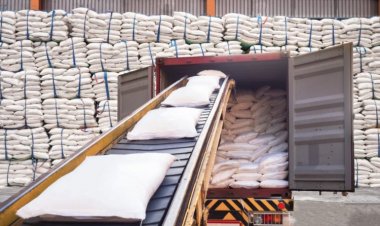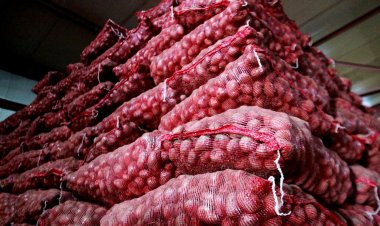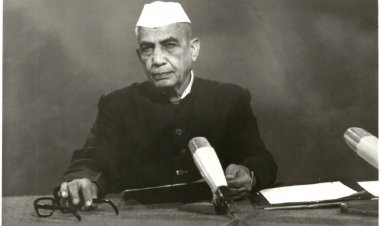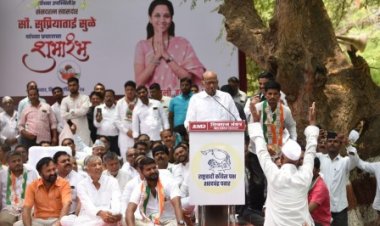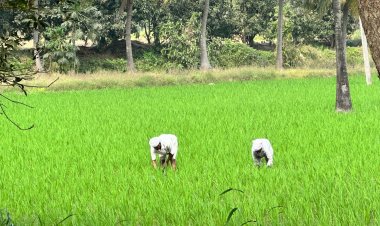Decision to impose stock limit on wheat despite record production
Despite a record wheat production in Rabi season (2022-23) this year, the government has taken a historic decision to impose stock limit on wheat to control rising prices. For this, a notification has been issued on June 12. Suprisingly, it has come on the back of the government releasing the record production figures of 112 million tonnes of wheat. Also, three days are left for the Rabi Marketing Season (2023-24) to end. Technically, the government procurement of wheat in the northern states is done by June 15.
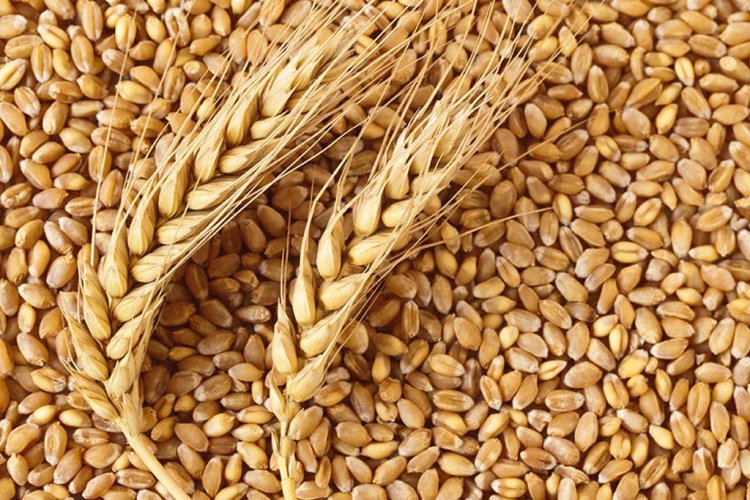
Despite a record wheat production in Rabi season (2022-23) this year, the government has taken a historic decision to impose stock limit on wheat to control rising prices. For this, a notification has been issued on June 12. Suprisingly, it has come on the back of the government releasing the record production figures of 112 million tonnes of wheat. Incidently, it is for the first time after 2006-07 that the government has imposed stock limit on wheat. Also, three days are left for the Rabi Marketing Season (2023-24) to end. Technically, the government procurement of wheat in some states is done by June 15.
According to the data of the Food Corporation of India, only 262 lakh tonnes of wheat has been procured so far this year. Due to the rise in wheat prices last year, the government had banned the export of wheat on May 13, 2022. However, according to government data, last year's production stood at 107 million tonnes.
The notification issued by the Ministry of Consumer Affairs under the Essential Commodities Act states that the stock limit on wheat will remain in force in all states till March 31, 2024. Under this, a stock limit of 3,000 tonnes of wheat has been fixed for the wholesale traders. A limit of 10 tonnes of wheat has been fixed for retail outlets.
At the same time, for retail chains, a limit of 10 tonnes per outlet and a total of 3000 tonnes has been fixed. Whereas for processors, the limit has been fixed at 75 per cent of the installed capacity or after multiplying the capacity per month for the rest of the year (2023-24) by the remaining period of the year, whichever is less.
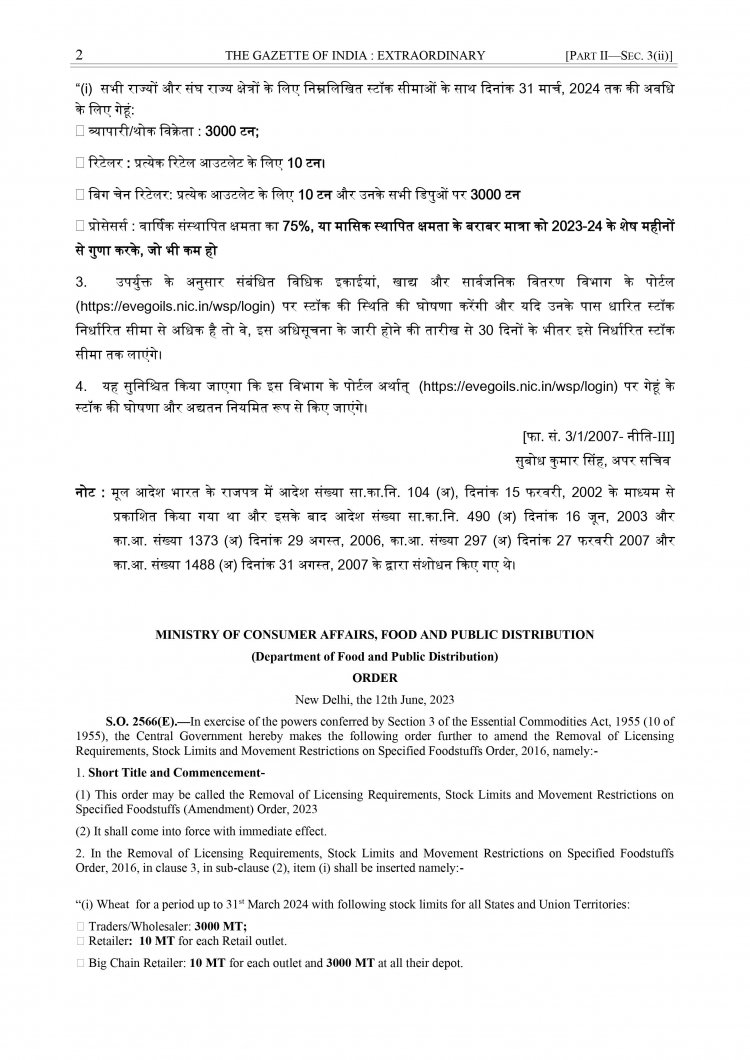
Along with this, the portal https://evegoils.nic.in/wsp/login of Food and Public Distribution Department will have to give stock information regularly. All the units concerned will have to bring the stock to the limit prescribed for them within 30 days. This decision of the government has proved that it is very concerned about the prices of wheat. When there has been a record production of wheat in the country this year, which is 50 lakh tonnes more than last year.
The ban on export of wheat is in force from May 13, 2022, while 70 lakh tonnes of wheat was also exported last year. In such a situation, despite the record production, the prices being higher than the minimum support price (MSP) of Rs 2125 per quintal during the government procurement season also raises questions on the production figures.
Though production was affected by an unexpected rise in temperature after mid-March last year, the government did not make any major changes in its estimates. Secondly, by December, the prices of wheat had crossed Rs 3000 per quintal. After that, to control the prices, the government had decided to sell 50 lakh tonnes of wheat under the scheme of sale in the open market, out of which about 34 lakh tonnes of wheat was sold. Now the government can take such a step. It is different that the stock of wheat in the central pool as on June 1, 2023 was 312 lakh tonnes as against 311.42 lakh tonnes at the same time last year.
It is a matter of relief for the government that this year the prices of wheat in the international market are about 40 percent lower than last year. In such a situation, there is also an option to increase the supply through imports. Before the Lok Sabha elections to be held in April next year, there are assembly elections in many politically important states, in such a situation the government will try its best to control the prices of the main food product like wheat. Today's decision is an indication of this strategy.
















